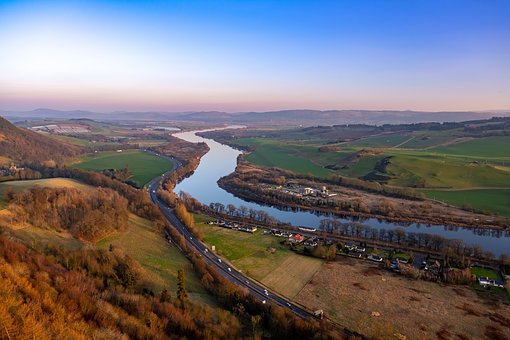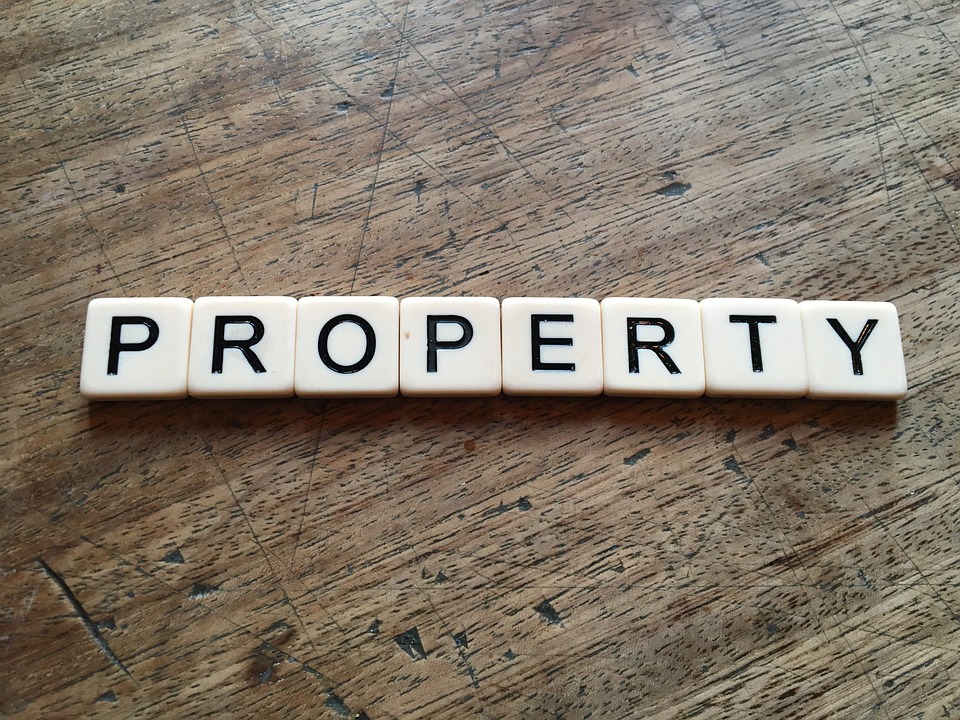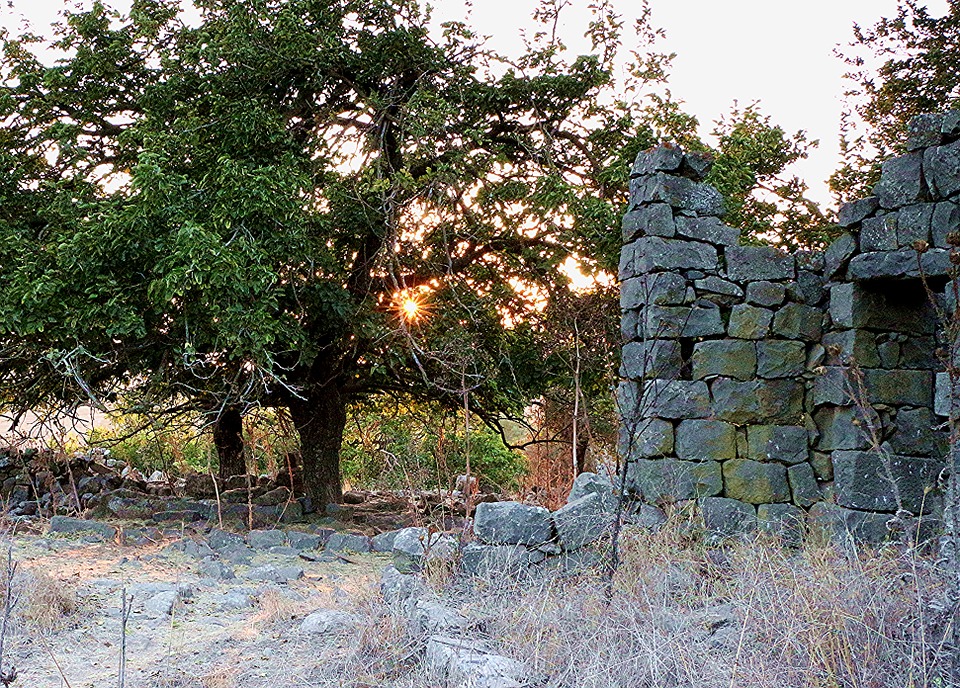
To Register or Not to Register: Voluntary Land Registration in Scotland
Date: 01/02/2024 | Construction, Planning, Real Estate, Residential Development
To own land in Scotland you must have a registered title. Historically that meant a title registered in the General Register of Sasines. The General Register of Sasines has the unique distinction of being the oldest public register of property interests in the world having been created in 1617.
In 1981 a new Register started; the Land Register of Scotland. Over time it is intended that all property in Scotland will become registered in the Land Register of Scotland rather than in the General Register of Sasines.
Unlike the General Register of Sasines which was a register of deeds (and as a consequence highly opaque except to conveyancers) the Land Register of Scotland is a digital, map-based register. It can be searched online and uses the Ordnance Survey map as its base map.
Almost 40 years since its introduction, just over 44% of Scotland’s land mass has been registered in the Land Register of Scotland. For some years it has been Scottish Government policy that the Land Register be “completed” by 2024. Whilst that is highly unrealistic there is a very clear desire generally for it to be completed as soon as possible with all titles being registered.
This article will not cover the reasons why that percentage is still so low nor whether it is likely that the Scottish Government’s target of 2024 will be met. However, it will consider one of the ways in which Registers of Scotland hope to achieve completion of the Land Register of Scotland, namely Voluntary Registration. This article will also cover the benefits to land and property owners of opting to voluntarily register their titles.
What is voluntary registration?
Voluntary registration is a process that land and property owners can use to voluntarily move their property’s title from the older General Register of Sasines to the newer Land Register of Scotland.
Whilst the end result can be beneficial on many levels, the process of registering a historic Sasine title in the Land Register of Scotland is often complex. This is because Sasine deeds describe land in writing often without a plan at all. It can be very difficult to ascertain what exactly has been transferred in practice. Even where Sasine deeds include a plan, the deed often narrates that the plan is “demonstrative only and not taxative”, which in simple terms means it cannot be relied on as being definitive. Translating such deeds onto a plan-based system takes time and effort and can throw up a range of challenges.
Why is it more beneficial if my land or property’s title is held in the Land Register of Scotland?
Definitive boundaries
Once your title is registered in the Land Register of Scotland your property is defined by reference to the digital plan, which shows the exact boundaries of your property. Any dubiety as to what you do and do not own is removed.
Benefit of state-backed guarantee
Having your land and property registered in the Land Register of Scotland means that the Keeper of the Registers of Scotland will guarantee your title upon registration. If your title is not good, you may have a claim for compensation from the Keeper.
Avoiding boundary disputes
It is not uncommon for titles in the General Register of Sasines to overlap. Titles in the Land Register of Scotland cannot, as above, overlap. This means that if a boundary dispute arises between neighbours, having your property’s title registered in the Land Register of Scotland will ordinarily put you in a stronger position. You will equally be protected against claims of adverse possession.
Marketability
For large areas of land, such as farms and rural estates, it is particularly beneficial to have your property’s title registered in the Land Register of Scotland. If you are, for example, approached by a developer who would like to purchase part of your land, any queries they might have regarding your land can simply be found on your Title Sheet. This takes the form of a typewritten electronic PDF (that will include a plan) as opposed to bundles of historic, dusty, and sometimes barely legible Deeds, which would be the case if your property’s title was held in the General Register of Sasines. Some older titles may even be in Latin!
Is there a downside?
Possession
As part of registering your title in the Land Register you need to be able to confirm that you have “possessed” it. In some circumstances there may be questions as to whether you have possessed all of the land you believe is yours for sufficient time. This can particularly be the case where there may be ancillary areas of land which, whilst not in active use, are nonetheless part of your land.
Uncertainty
As well as identifying the land that you own, you will also want to crystallise any additional rights over neighbouring land which may be of benefit to you. Examples include rights of access, rights for utilities, for water supply and so on. Often such rights are acquired by prescription (i.e. by uninterrupted use over time). Establishing the precise nature of such rights can be complex and time-consuming and can throw up issues which some might feel are better left unexplored.
Costs
The costs of voluntary registration can be substantial. As well as legal costs you may also incur surveyors’ costs in preparing a plan showing the precise extent of your land. As well as professional costs Registers of Scotland will also levy a charge which in some cases can run to several thousands of pounds.
If you are unsure whether the title to your property is still held in the General Register of Sasines, or you know that it is and would like to consider whether voluntary registration is for you, please contact a member of the Rural Business Team, who will be delighted to assist.




















































































